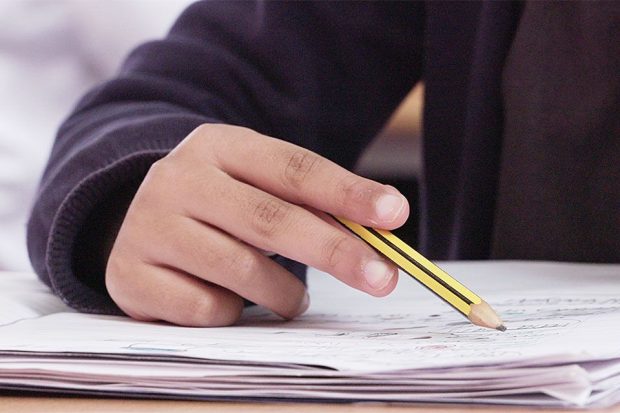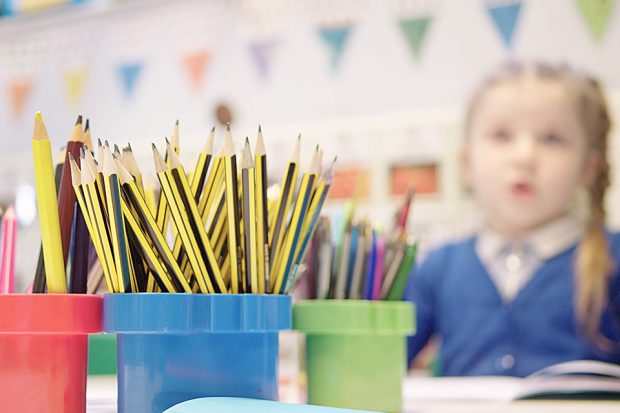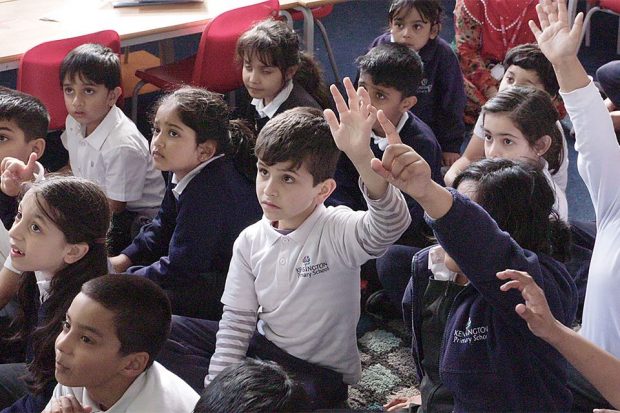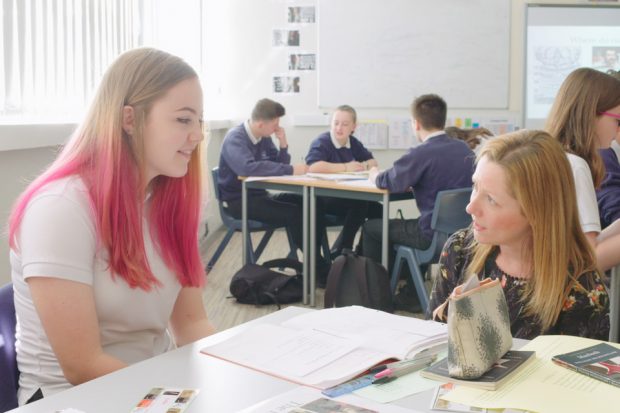The new funding will be used to expand the number of IoTs from 12 to 20, to make sure young people have access to quality technical education. The expansion will particularly benefit the North-West of England, Teesside, the East Midlands and cities along the South Coast.
The Secretary of State has urged universities to do more to help disadvantaged students to access and succeed in higher education.
Tackling disadvantage will always be a priority for this government. The gap between disadvantaged pupils and their peers has narrowed since 2011, and 85% of children are now in good or outstanding schools compared to just 68% in 2010.
We are investing up to £26m in our national schools breakfast club programme across 1,700 schools and provide free school meals for 1.3 million of the country’s most disadvantaged children.
The reception baseline assessment (RBA) is a short, interactive assessment which will provide a snapshot of where children are when they arrive at school.
Parents should be reassured that WCAT is not representative of all academies. More than half a million children are now in good or outstanding academies that, typically, replaced underperforming schools.
Raising awareness on the potential impact of initiations and excessive alcohol on physical and mental health is vital so that the hundreds of thousands of students starting and returning to their studies this month feel their universities are prioritising their welfare and safety.
We are working to dramatically improve the rigour, quality and standard of qualifications across the board, and have already done so with GCSEs. These reformed qualifications will help young people achieve the skills they need to get on in life.
We recently announced a £14 billion investment in schools over three years- the biggest cash boost for a decade, which the independent IFS has said will restore schools’ funding to previous levels in real terms per pupil by 2022-23. As part of this, we will provide £700 million extra for children with Special Educational Needs …
Salaries for new teachers are also set to rise to £30,000 by 2022-23 and, this year, teachers and heads can receive a pay rise of 2.75% - above current rates of inflation. We have also launched the Early Career Framework to ensure newly qualified teachers are provided with early career support and development, including mentoring.








